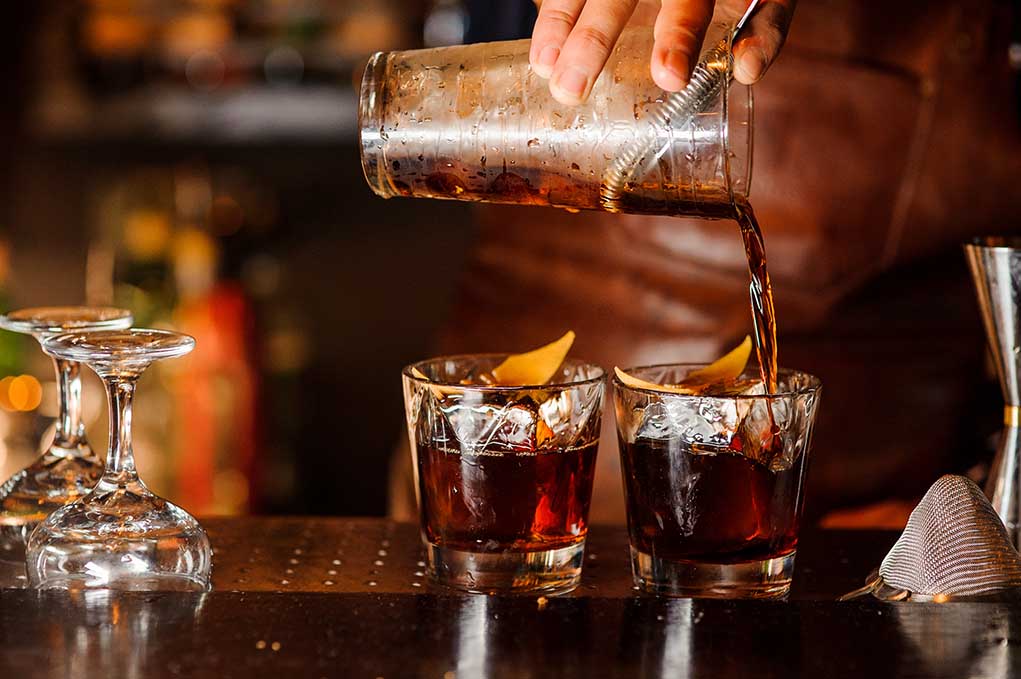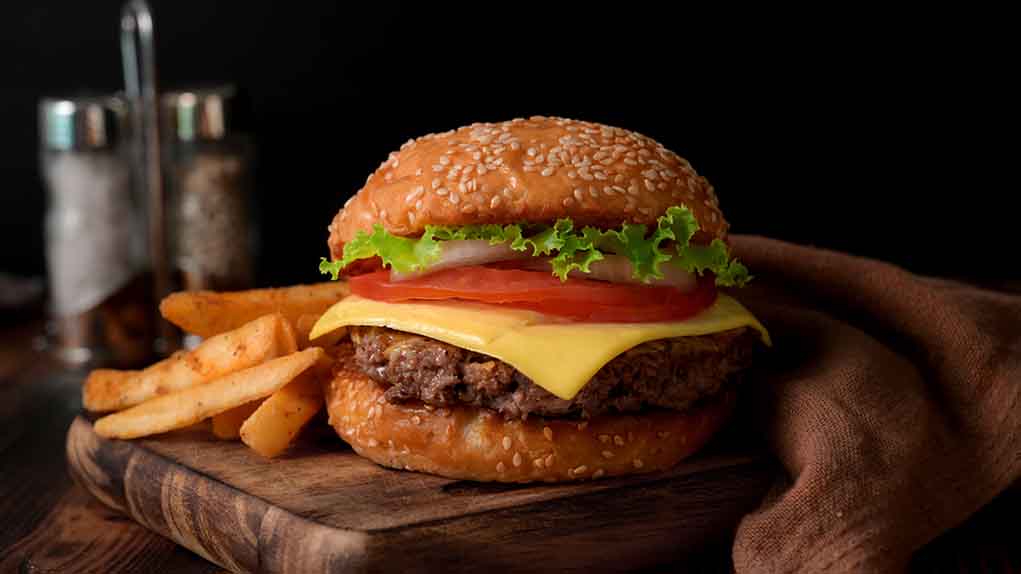
U.S. Surgeon General Dr. Vivek Murthy issues a stark warning about alcohol’s cancer risks, urging Americans to rethink their drinking habits.
At a Glance
- Surgeon General recommends cancer warnings on alcoholic beverage labels
- Alcohol consumption linked to at least seven types of cancer
- Alcohol is the third leading preventable cause of cancer in the U.S.
- Only 45% of Americans recognize alcohol as a cancer risk factor
- Advisory aims to raise public awareness and promote informed decisions
Surgeon General’s Warning: Alcohol and Cancer Risk
In a move that has stirred debate across the nation, U.S. Surgeon General Dr. Vivek Murthy has issued a groundbreaking advisory linking alcohol consumption to an increased risk of cancer. The report, which calls for cancer warning labels on alcoholic beverages, including beer and wine, has been met with both praise and skepticism from various sectors of society.
Dr. Murthy’s advisory highlights the often-overlooked fact that alcohol is a carcinogen, associated with at least seven types of cancer: breast, colon, liver, throat, mouth, esophagus, and voice box cancers. This revelation comes as a shock to many Americans, as a 2019 survey indicated that only 45% of the population recognizes alcohol as a cancer risk factor.
Congress should authorize an update to the Surgeon General’s warning label on alcohol-containing beverages to include a cancer risk warning. The advisory also calls for a reassessment & revision of the guideline limits for alcohol consumption to account for increased cancer risk.
— Dr. Vivek Murthy, U.S. Surgeon General (@Surgeon_General) January 3, 2025
The Sobering Statistics
The statistics presented in the Surgeon General’s report are alarming. Alcohol-related cancer is responsible for approximately 100,000 cases and 20,000 deaths annually in the United States. This makes alcohol the third leading preventable cause of cancer in the country, following tobacco use and obesity.
“Alcohol is a well-established, preventable cause of cancer responsible for about 100,000 cases of cancer and 20,000 cancer deaths annually in the United States – greater than the 13,500 alcohol-associated traffic crash fatalities per year in the U.S. – yet the majority of Americans are unaware of this risk,” Dr. Murthy said in a statement. “This advisory lays out steps we can all take to increase awareness of alcohol’s cancer risk and minimize harm,” Dr. Murthy said in a statement.
The advisory outlines four ways alcohol can cause cancer, including DNA damage and hormone level alterations. This information serves as a wake-up call for many who may have underestimated the potential health risks associated with their drinking habits.
Recommendations and Public Response
In light of these findings, the Centers for Disease Control and Prevention (CDC) recommends limiting alcohol intake to two drinks or less per day for males and one drink or less per day for females. However, it’s important to note that even moderate alcohol consumption can increase cancer risk.
“The evidence that alcohol causes cancer is reliable. People who consume alcohol have a right to know. It might make them think twice about consuming alcohol or encourage them to drink less,” Anna Lembke, MD, said in an interview with Healthline.
The American Cancer Society has voiced strong support for the Surgeon General’s advisory.
The Path Forward
While the advisory has sparked important conversations about alcohol consumption and public health, it’s worth noting that implementing cancer warning labels on alcoholic beverages would require Congressional approval. This process would undoubtedly face opposition from the alcohol industry and those concerned about government overreach.
In the meantime, health experts are encouraging individuals to take proactive steps to reduce their alcohol intake. The growing “sober curious” trend, particularly among younger generations, suggests that many Americans are already reconsidering their relationship with alcohol.
As the nation grapples with this new information, it’s clear that Dr. Murthy’s advisory has succeeded in its primary goal: to ignite a nationwide discussion on the pressing health issue of alcohol-related cancer risks. Whether this leads to significant policy changes or shifts in personal behavior remains to be seen, but the conversation has undoubtedly begun.

















